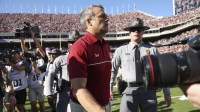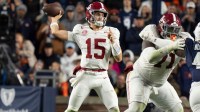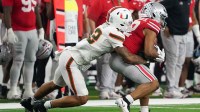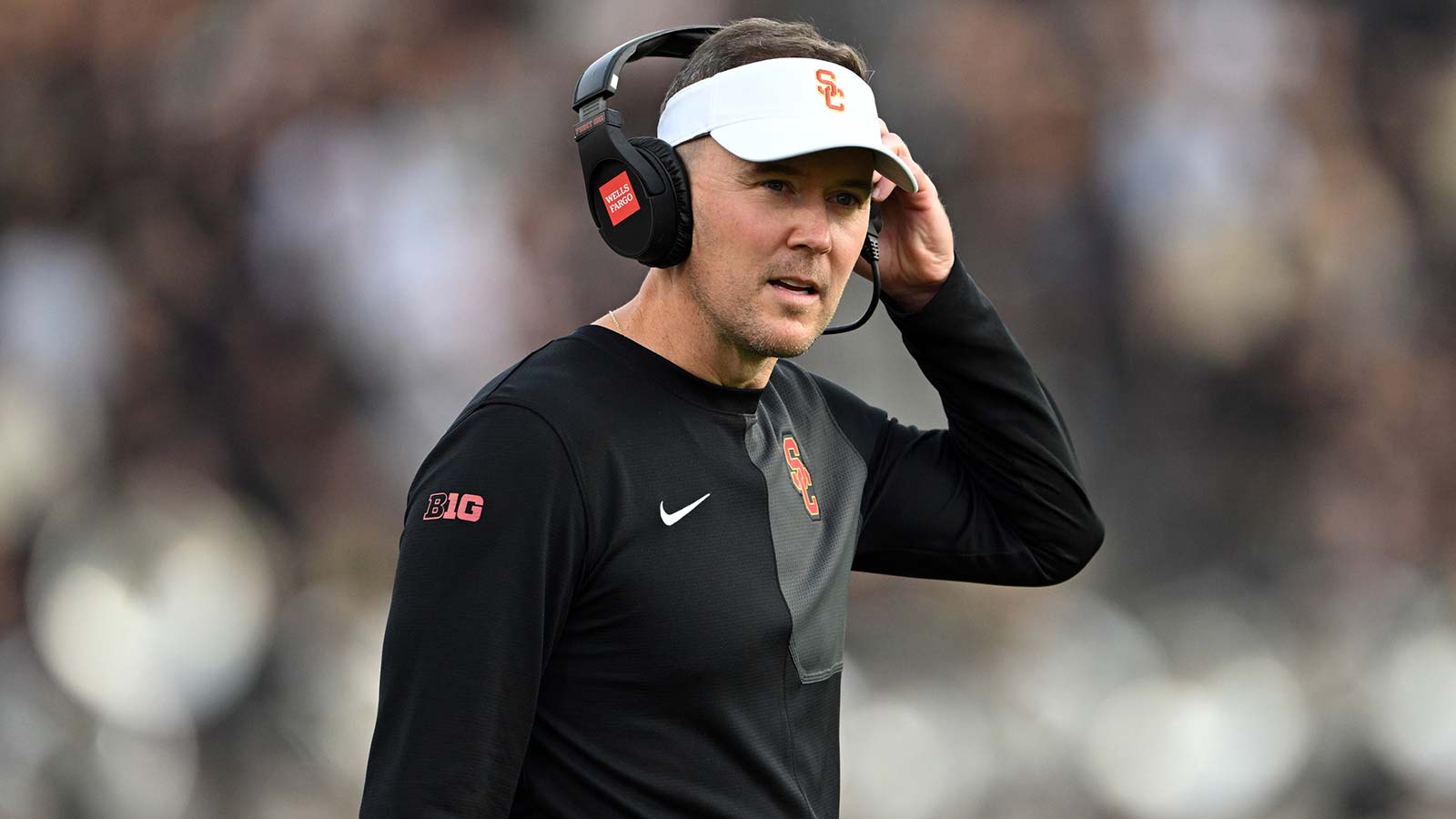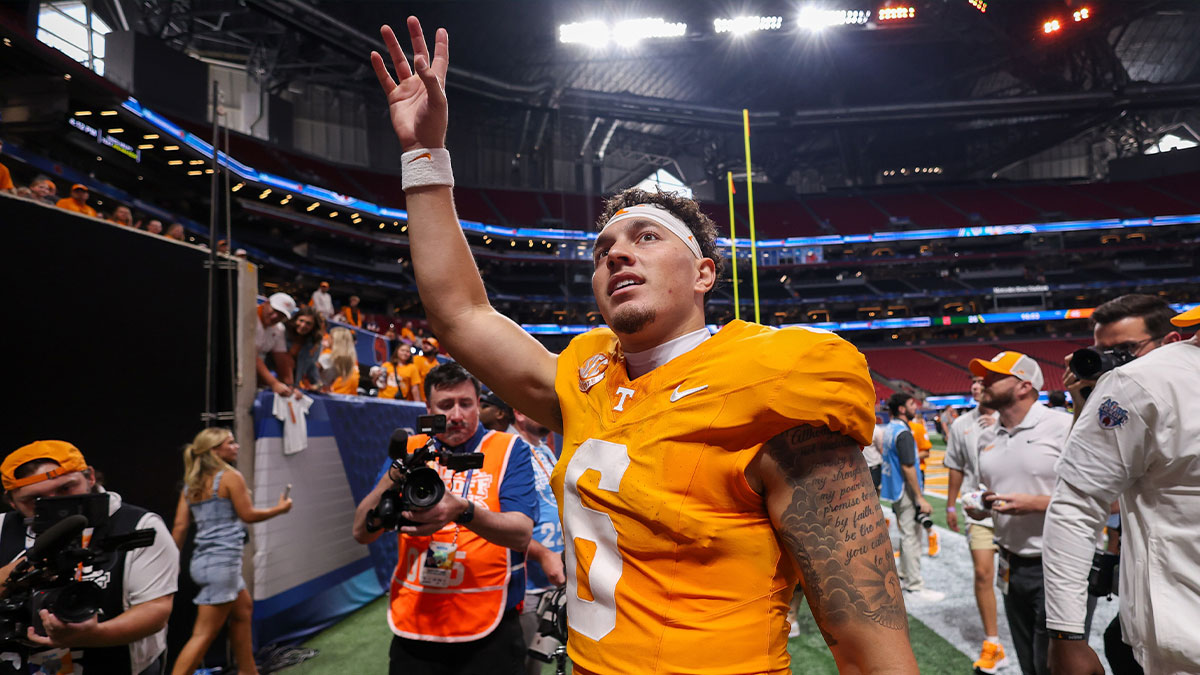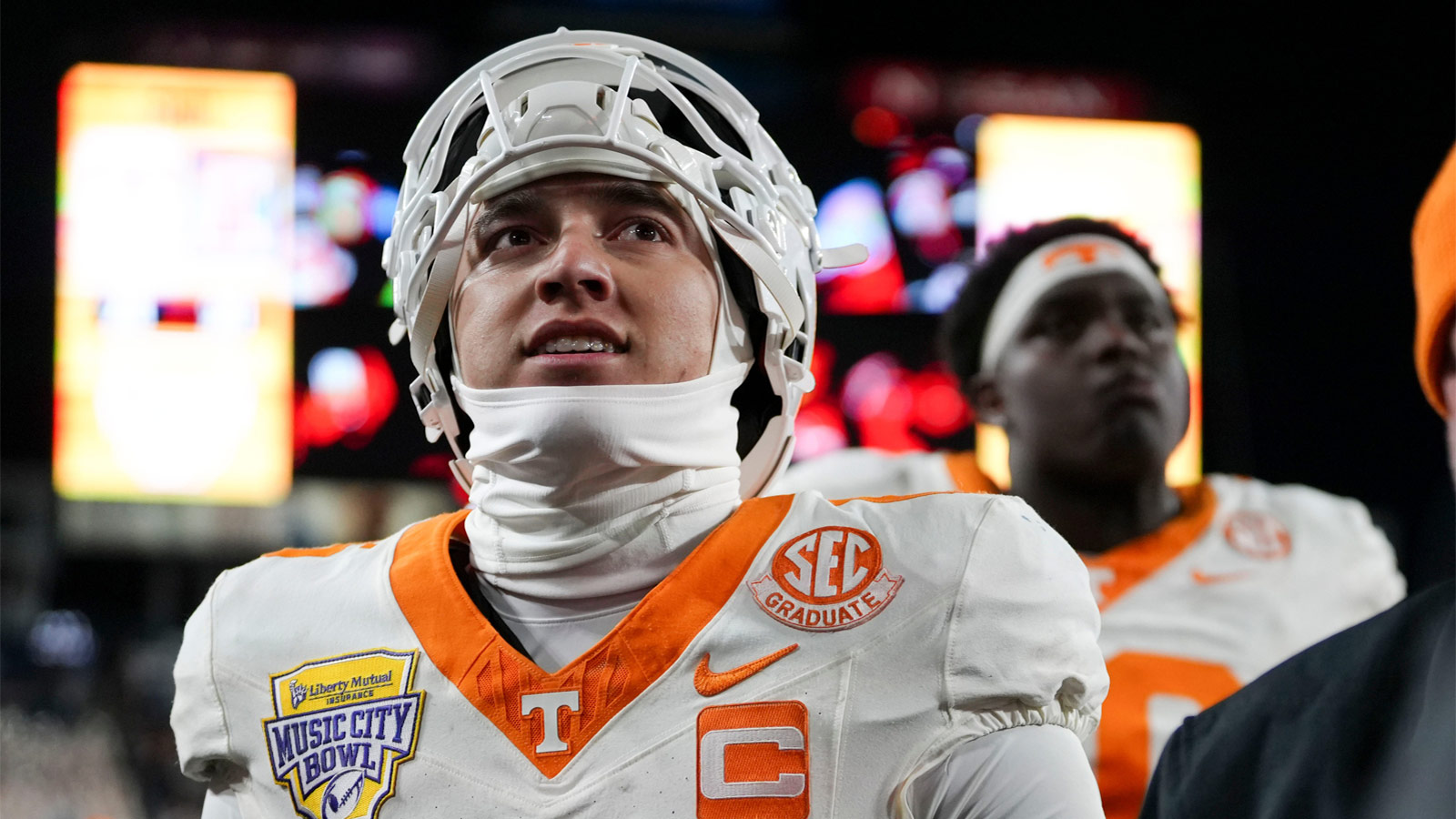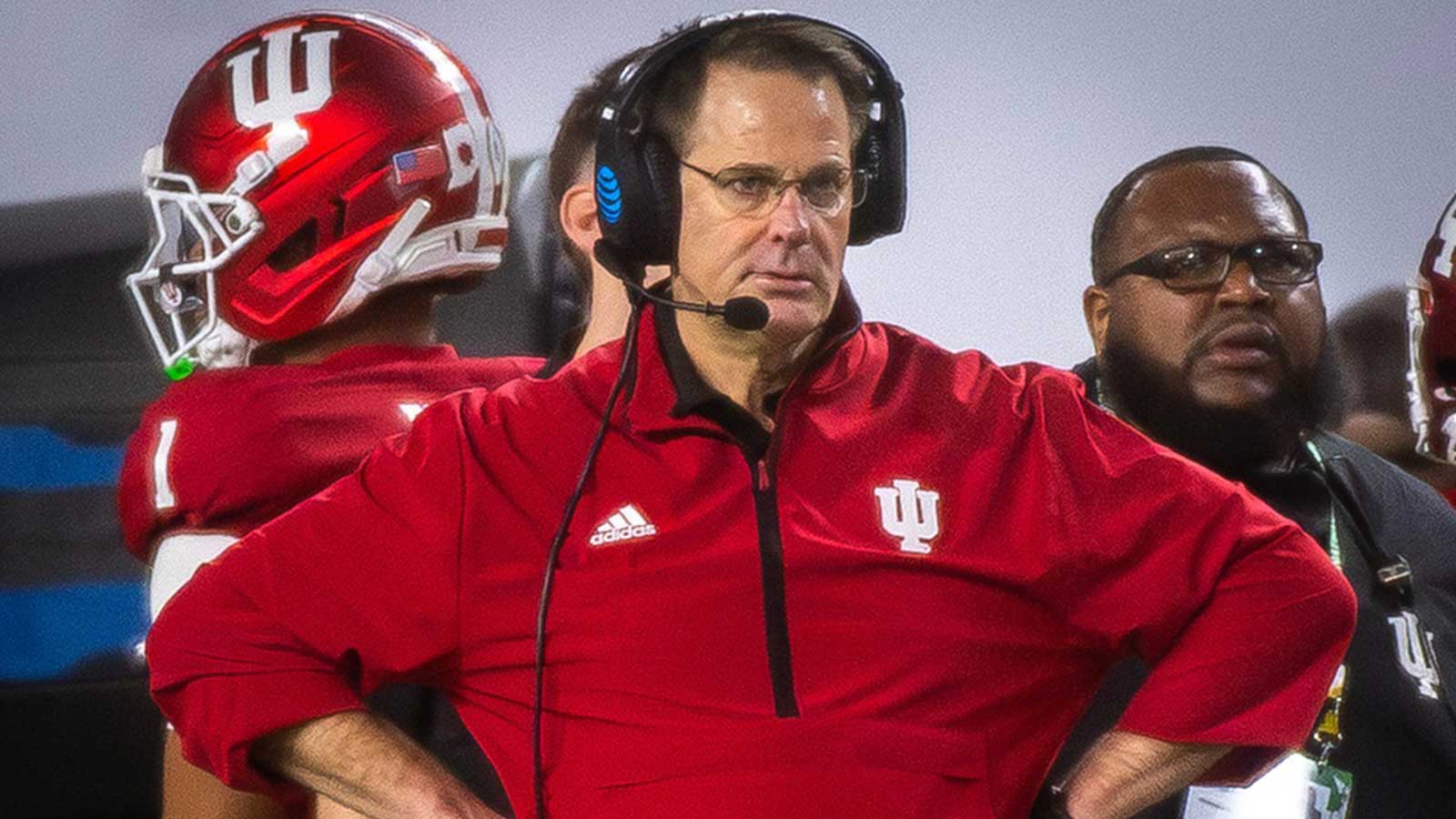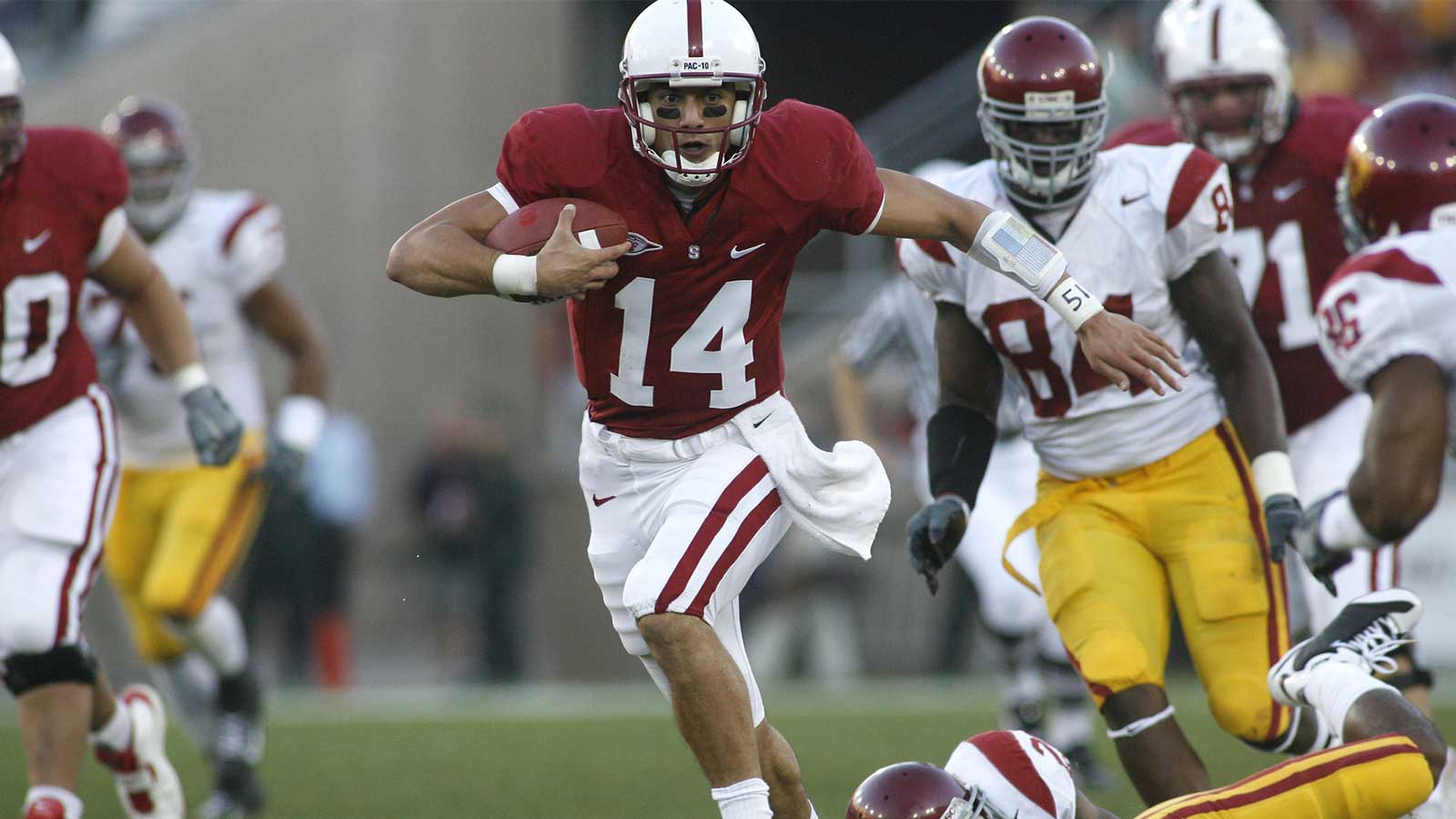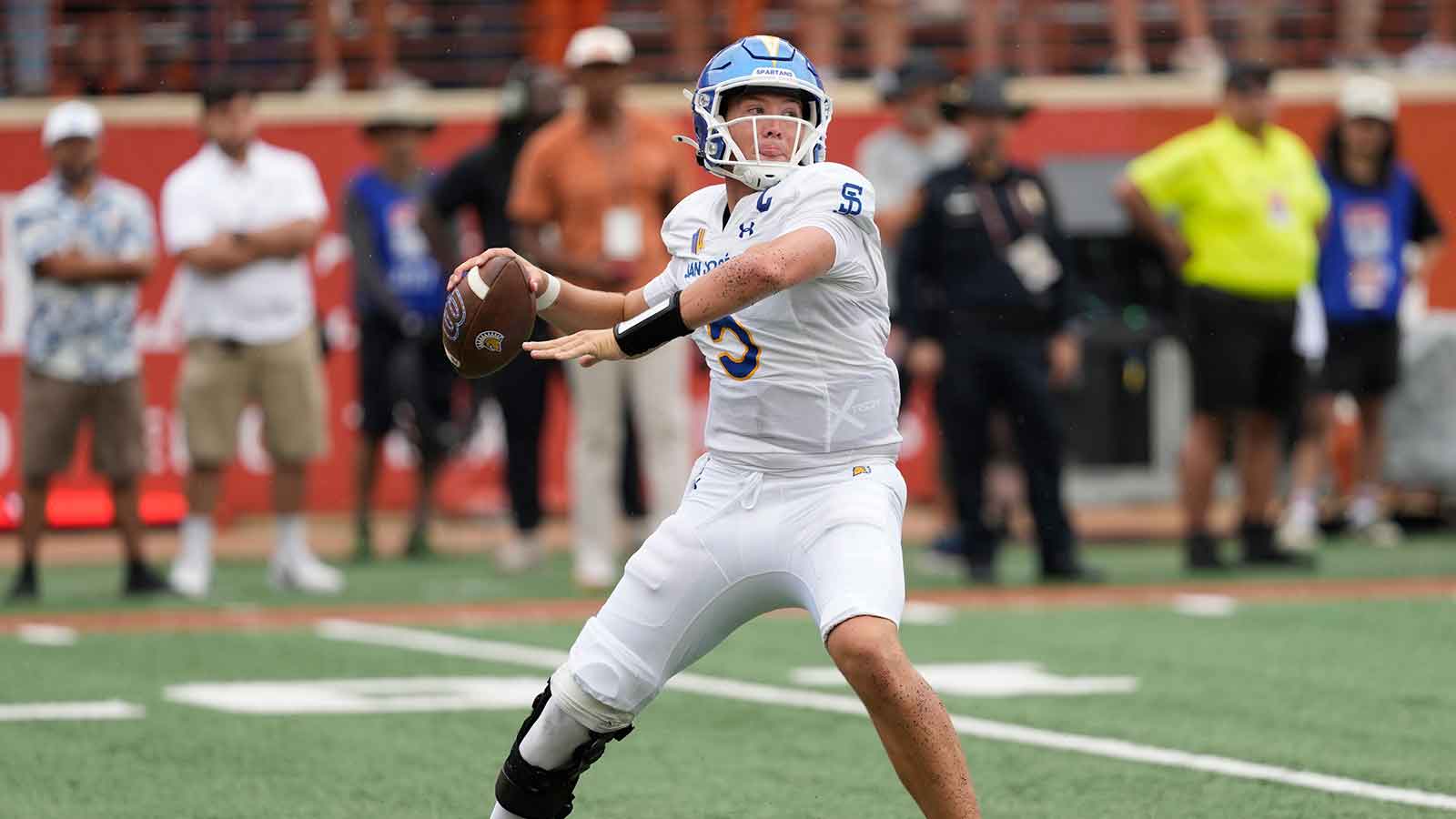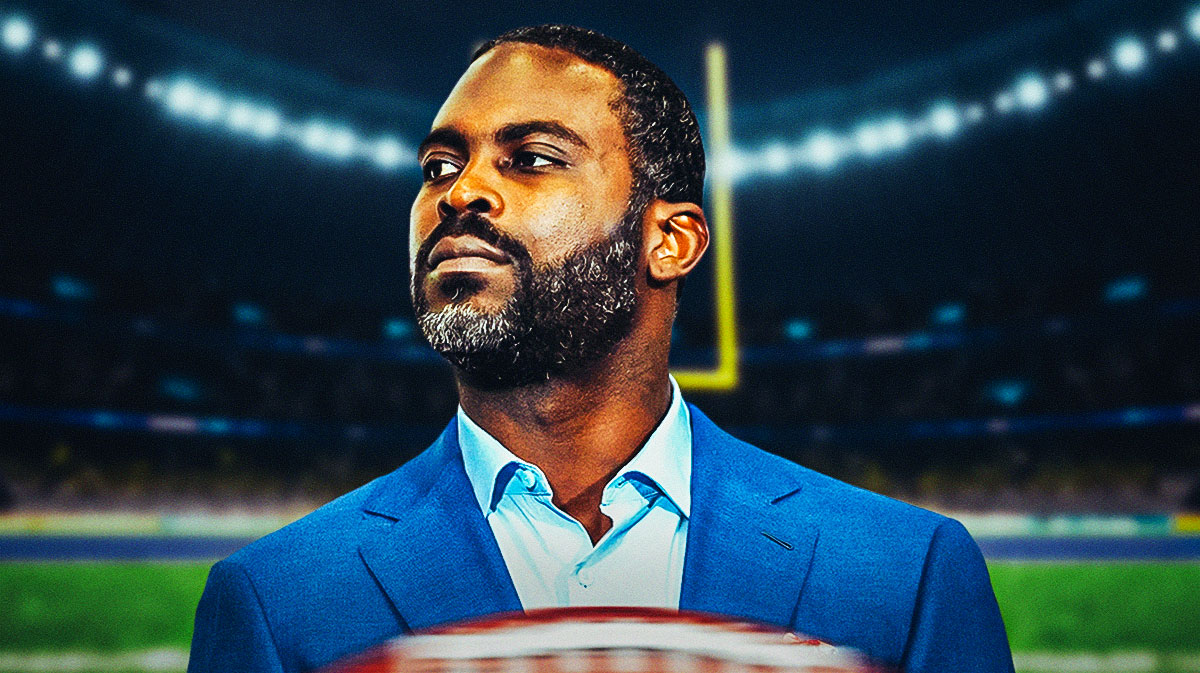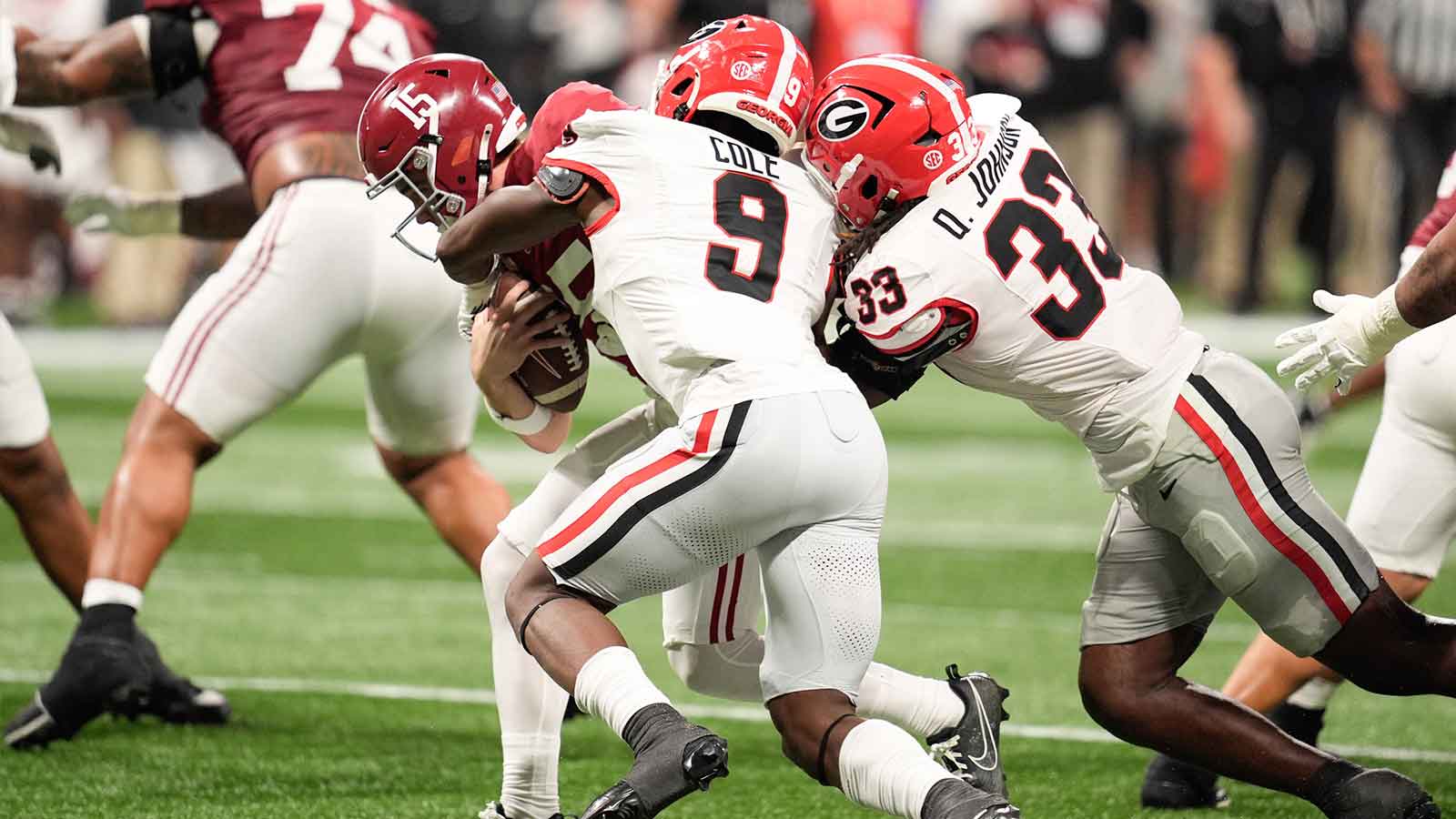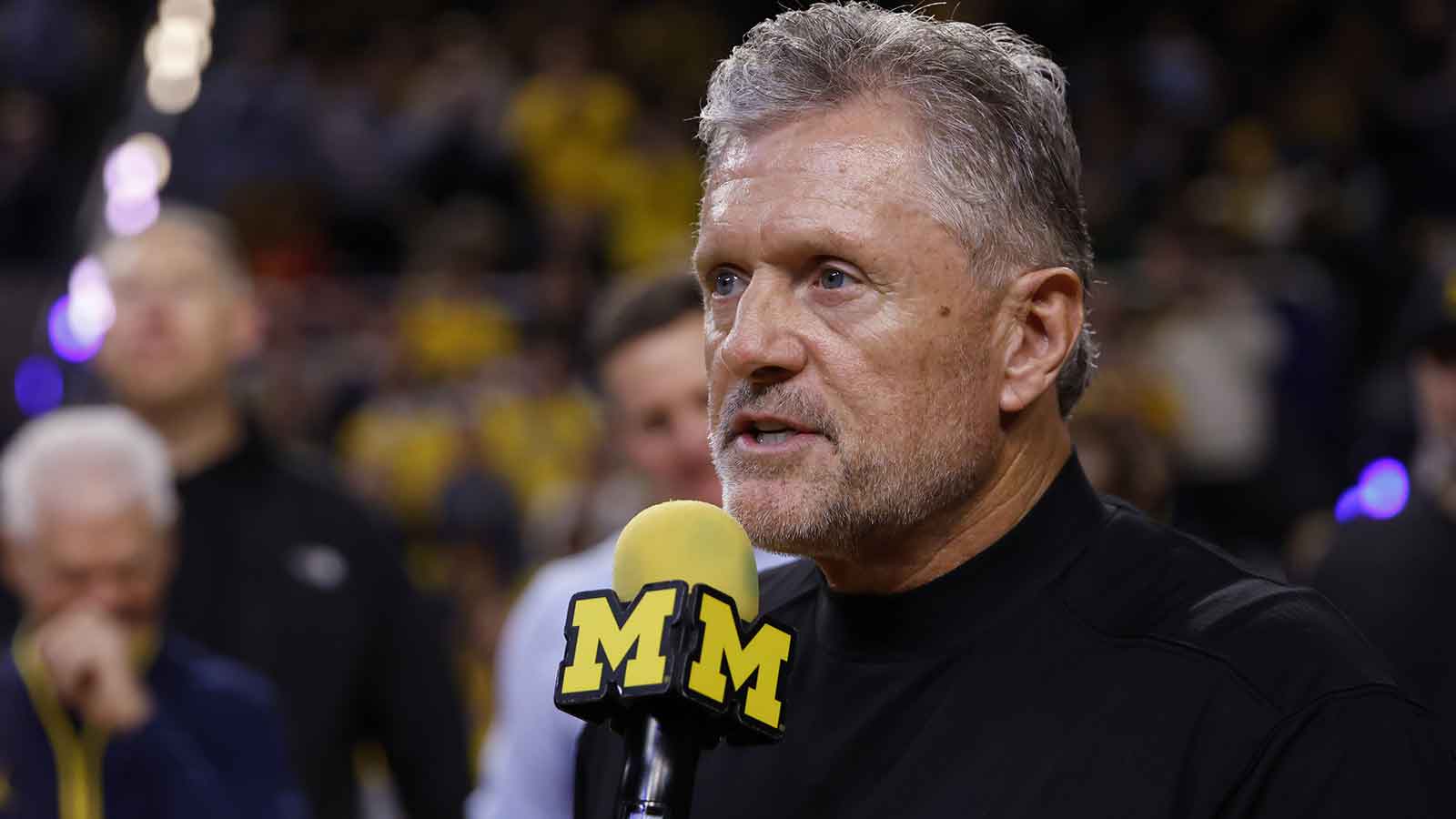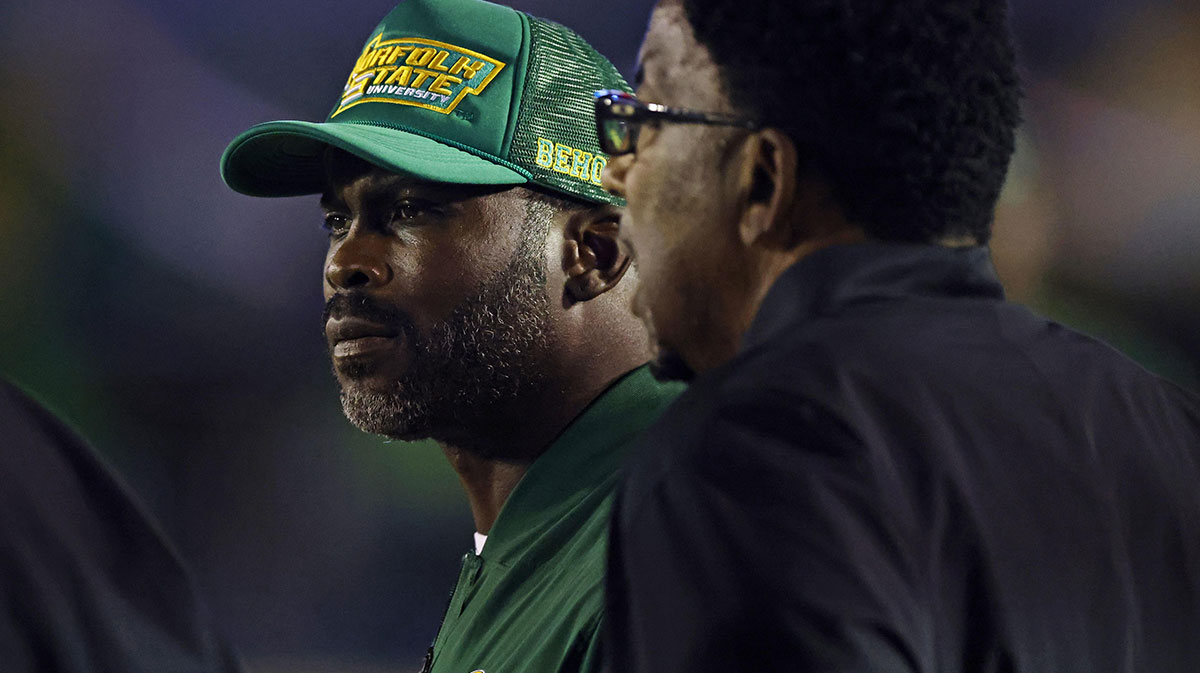Amidst much turmoil in the Pac-12, the conference is exploring a schedule change that would result in teams playing eight in-conference matchups rather than nine. Pac-12 commissioner George Kliavkoff announced at Pac-12 Media Day that the conference created a four-person committee to evaluate the pros and cons of switching to an eight-game league schedule starting in 2024.
The committee, made up of athletic directors, will prepare proposals and pitch them to the other Pac-12 schools. Kliavkoff expects this to happen by the end of the year.
With USC and UCLA set to leave the Pac-12 in 2024, there will be 10 remaining teams in the conference. The Pac-12 could choose to expand, and that decision could affect the committee's decision.
“Obviously, if you've got 10 [teams], playing a nine-game schedule is pretty clean. Everybody plays everybody. Listen, the downside of playing nine conference games is we beat each other up, right? There are some conferences that play eight games and they add a cupcake and that helps long-term,” George Kliavkoff said.
“The flip side of that is when you're on the West Coast, if you go down to eight (games), it's tougher to find that additional non-conference opponent. The density of football programs in the West is much less than it is in the Southeast, for example. Those are the trade-offs.”
The eight-game schedule would give Pac-12 teams an advantage over Big Ten and Big 12 schools. Teams in those conferences play nine-game league schedules. The SEC is the toughest level of competition, but that balances out with the schedule.
For example, Alabama only plays eight SEC teams. For a team like Alabama, four non-conference games are usually four free wins. Sometimes, they add a tough non-conference game, but that happens once a year, tops. The SEC also has divisions, which the Pac-12 just did away with in 2022.
Another solution the Pac-12 previously considered was an eight-game schedule in which every team plays one non-conference game vs. a Big Ten team and one against an ACC team.
“I was really excited about that,” Kliavkoff said.



